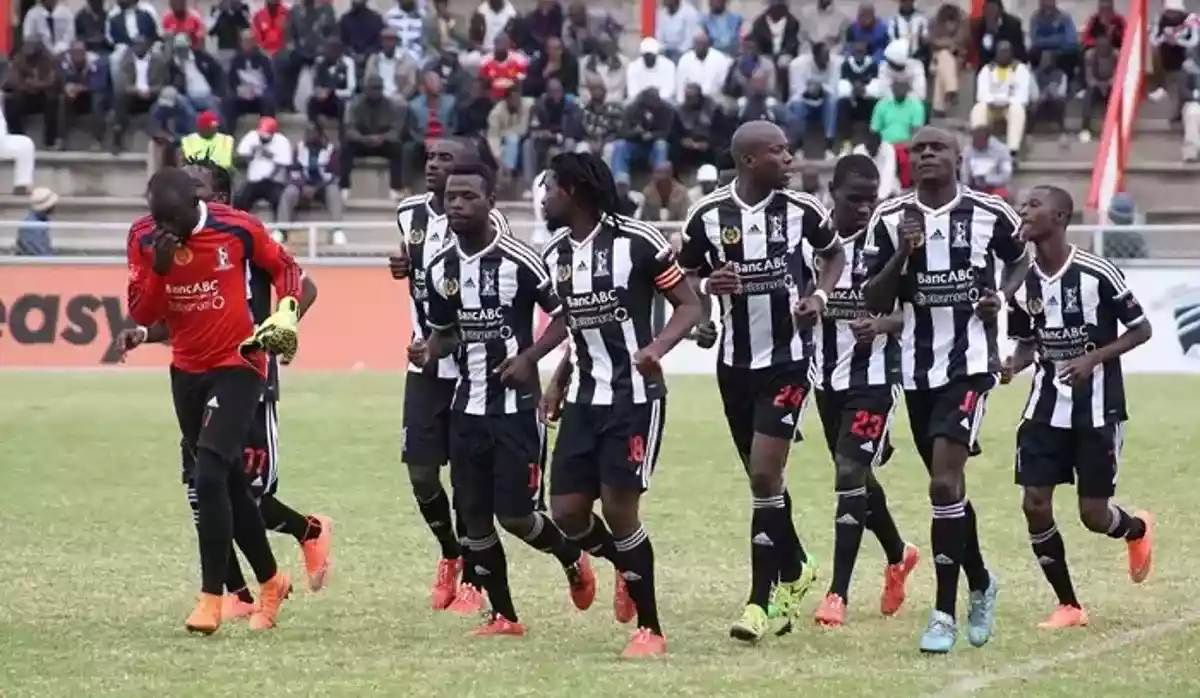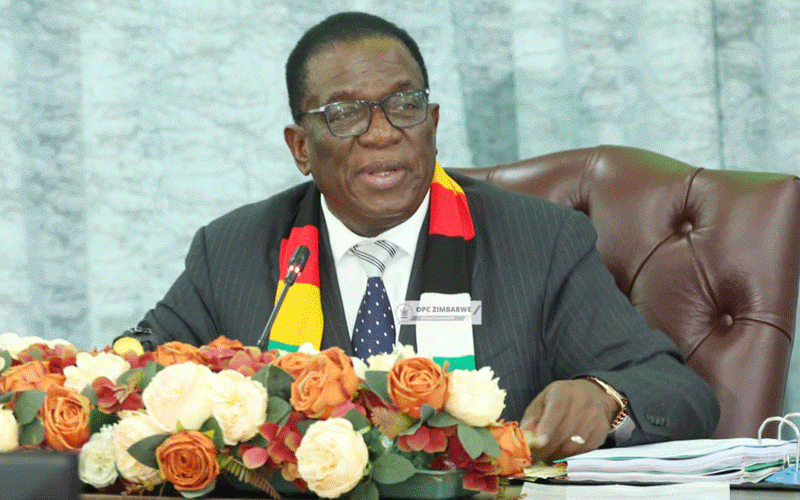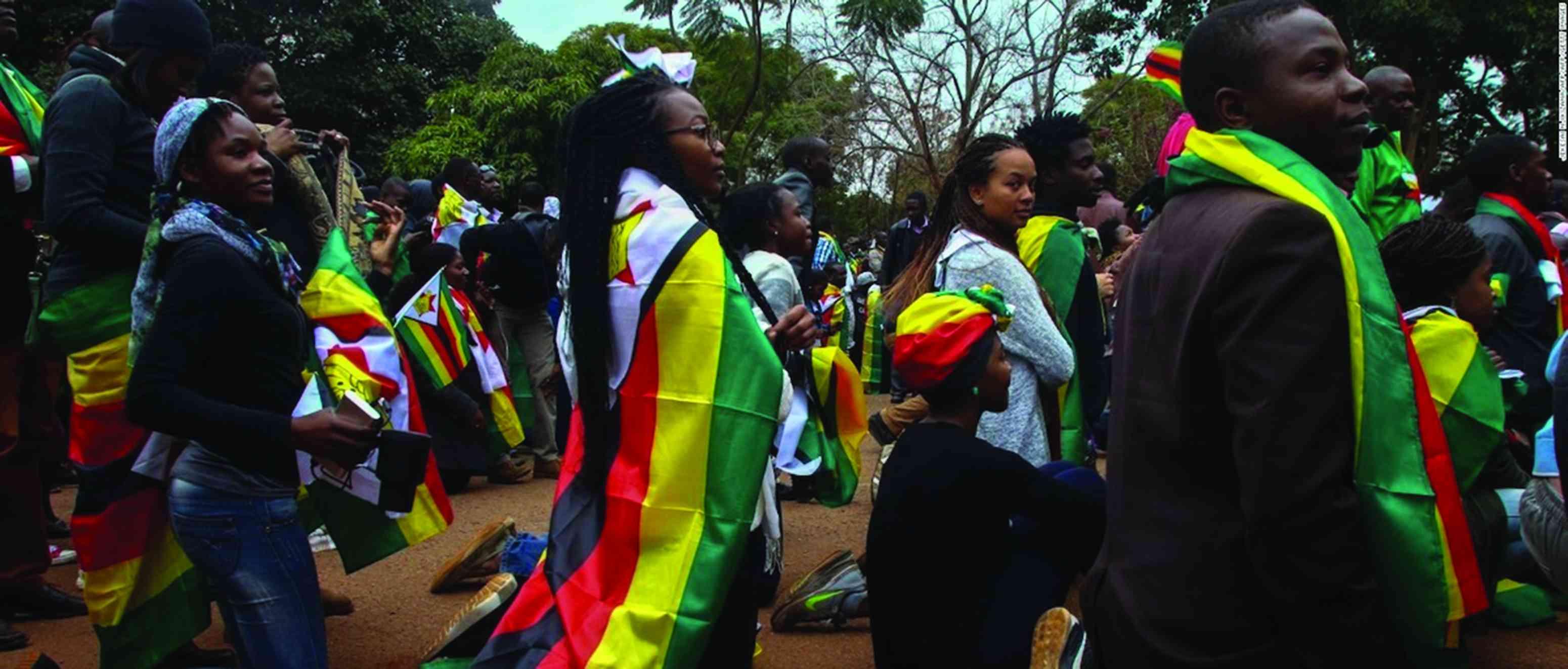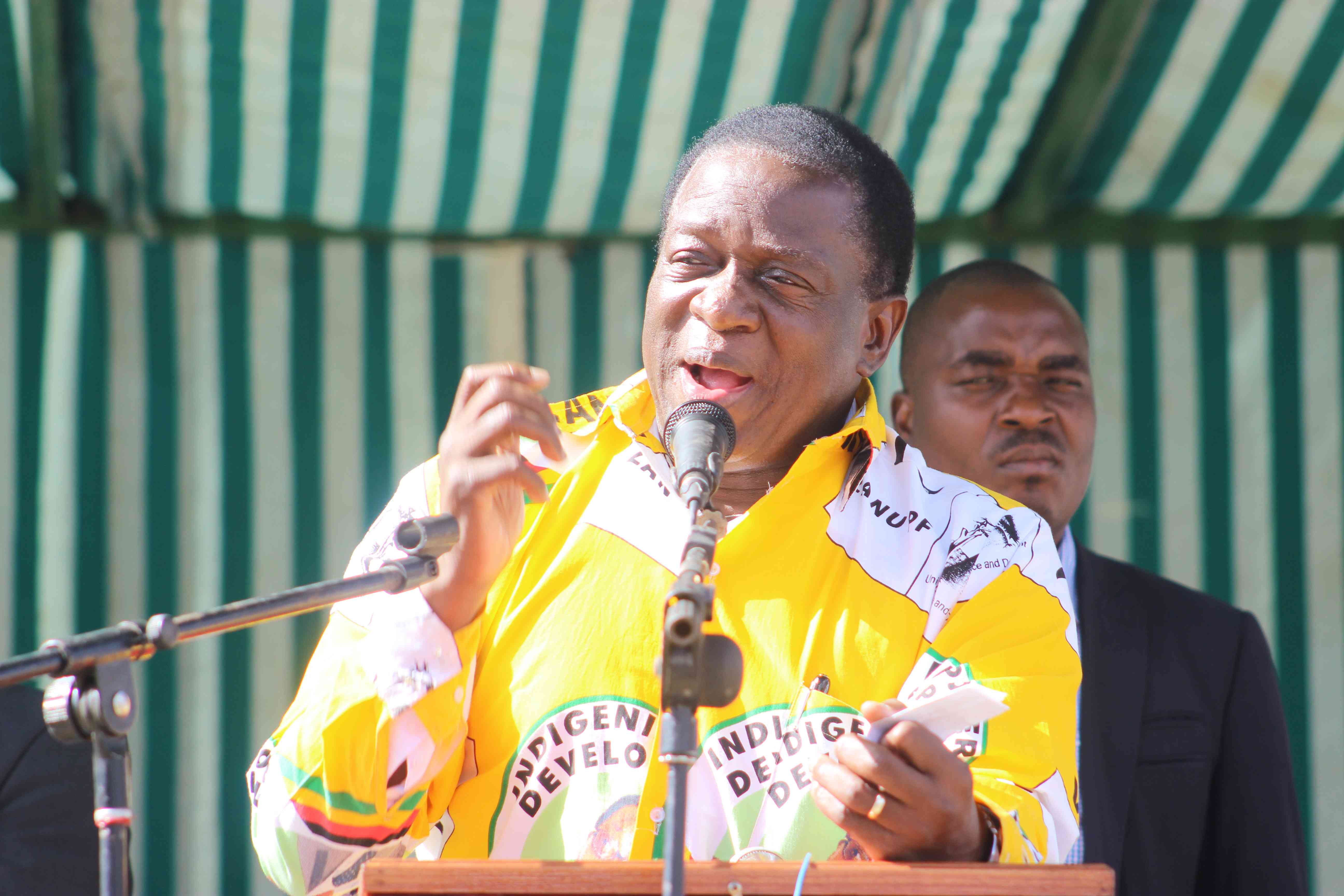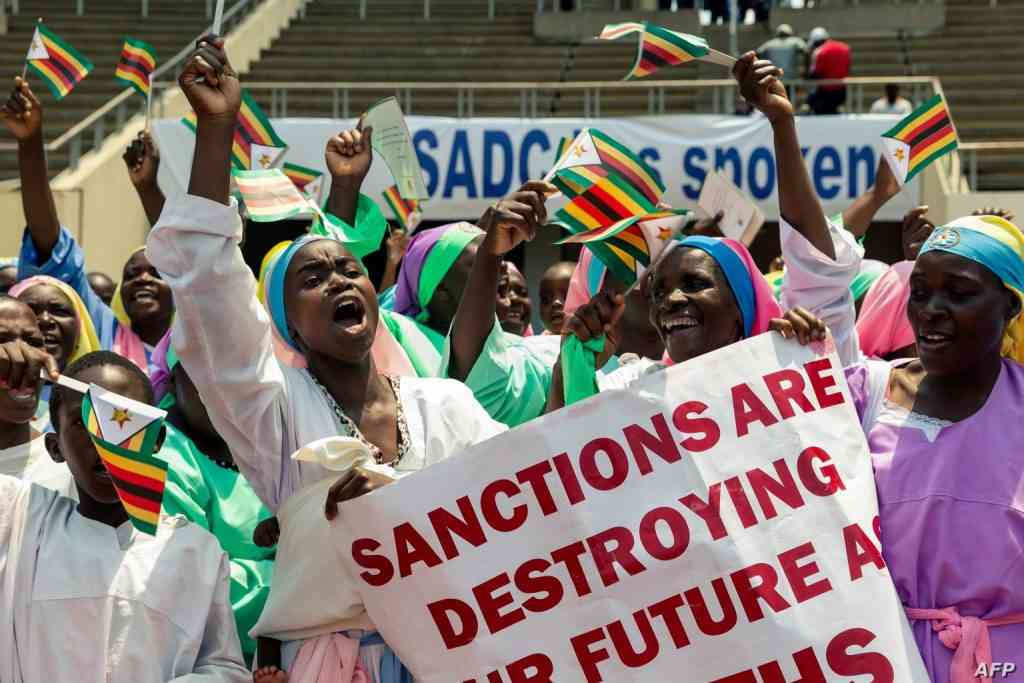
In August 2019, Sadc leaders designated October 25 as the day in which the bloc would combine forces in calling for the removal of sanctions on Zimbabwe.
Not that they have not been speaking against the embargo. The calls are growing louder as the region bears the brunt of a deteriorating economic environment in the country with over one million Zimbabweans scattered in the region, notably in South Africa.
This has put pressure on that country’s social services.
Five years after Sadc designated, October 25 as Anti-Sanctions Day, the embargo remains in place, with the United States in March coming up with a new set of sanctions as Washington targets those it sees as dragging Harare downhill.
In its new sanctions regime under the Global Magnitsky Programme, the US designated 11 individuals and three companies, including President Emmerson Mnangagwa and First Lady, Auxillia “for their involvement in corruption or serious human rights abuse”.
The Zimbabwe Democracy and Economic Recovery Act, which imposes restrictions on Zimbabwe regarding multilateral financing, unless it makes certain reforms, remains in place. Washington says it has the right to protect and regulate its financial systems.
The Act mandates the United States to vote against extending loans, credit or guarantees to the Government of Zimbabwe and against any cancellation or reduction of debt to the United States or any international financial institutions, including the International Monetary, the World Bank and the African Development Bank. The Act allows one exception for a favourable vote on multilateral funding to meet basic human needs or for good governance.
In her report, the UN Special Rapporteur on the negative impact of unilateral coercive measures on the enjoyment of human rights, Alena Douhan, said extraterritorial secondary sanctions and reported threats to and penalties imposed on banks in third countries for breach of sanctions regimes have fuelled de-risking policies and growing overcompliance, preventing the public and private sectors in Zimbabwe from conducting business efficiently.
- Mavhunga puts DeMbare into Chibuku quarterfinals
- Bulls to charge into Zimbabwe gold stocks
- Ndiraya concerned as goals dry up
- Letters: How solar power is transforming African farms
Keep Reading
She said the US Office of Foreign Assets Control imposed large fines up to US$$3,8 billion on various banks in Zimbabwe and intercepted US$4,1 million from a public agency focusing on industrial investments.
The situation, Douhan said, was compounded by the perception of Zimbabwe as a designated country which creates “reputational risks for Zimbabwean companies and nationals and impeding them from opening or holding bank accounts, which has reportedly occurred in Switzerland, the United Kingdom and the United States”.
As Zimbabwe today "blast" the sanctions, it must be also be a day for reflection. There is no doubt that government has also imposed sanctiosn on its citizens.
Corruption has become so endemic with the catch and release syndrome, if it involves the well-connected. It is estimated that the country loses over US$1 billion annually through the smuggling of gold.
A recent audio in which a tenderpreneur was boasting that he was untouchable is one of the many bad examples of State capture.
Respect for human rights has been on a decline, with gross violations increasing in the run up to the Sadc Summit hosted by Zimbabwe in August, according to human rights organisations.
Three activists were dragged from a plane at Robert Mugabe International Airport and were assaulted, according to their lawyers.
Bureaucrats at the time said the activists would be released after the summit. When a senior Zanu PF party official declared after the summit that the activists should be released, it happened, in what critics said showed the breakdown in the rule of law.
For the umpteenth time, sanctions on Zimbabwe and those imposed by the government on citizens must go.

